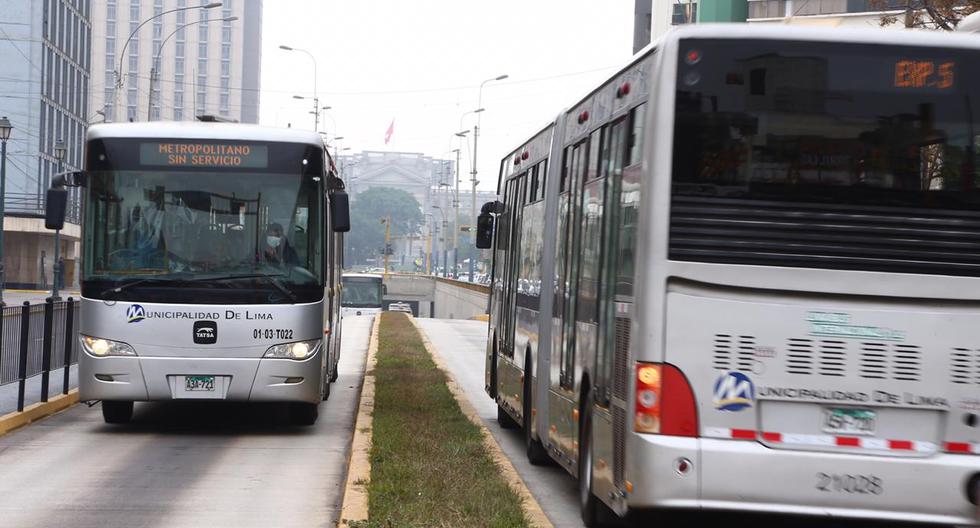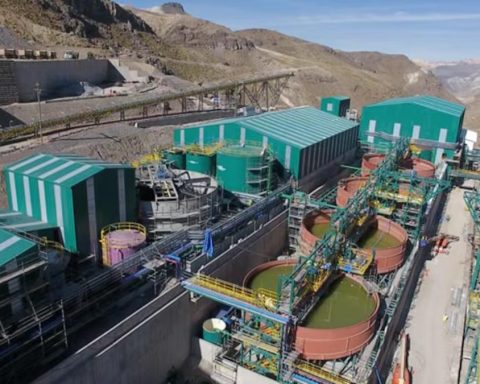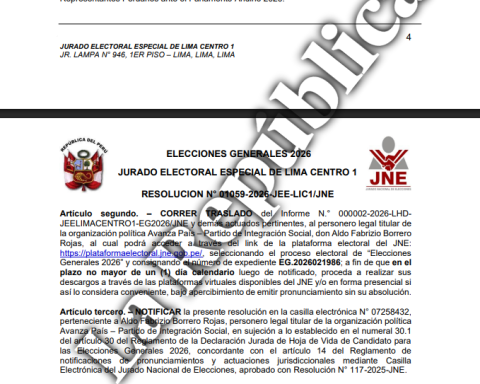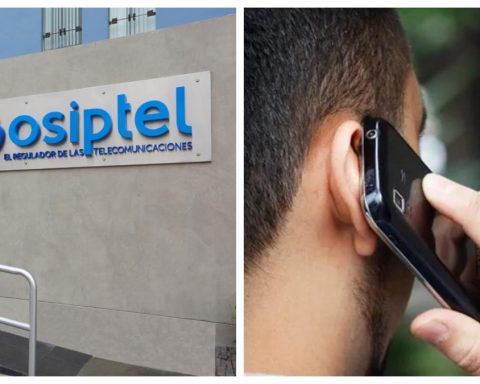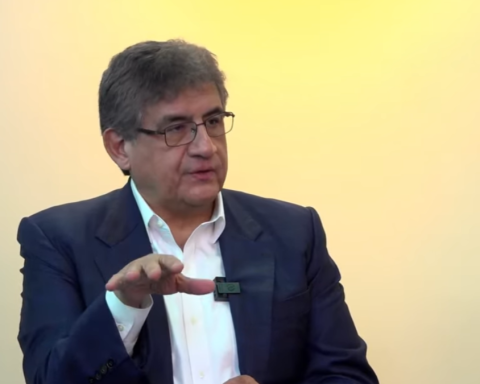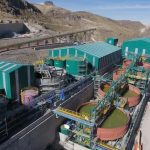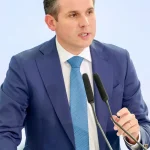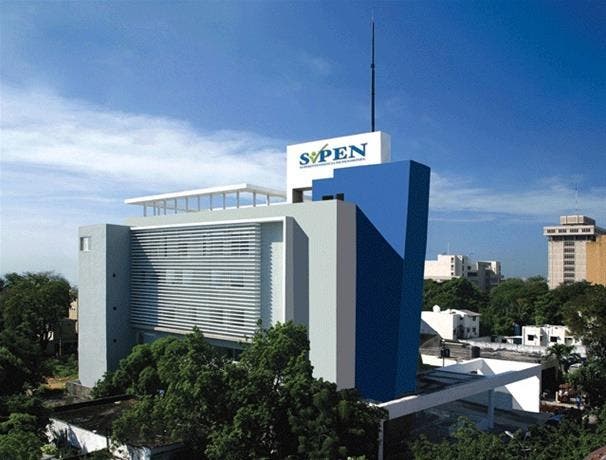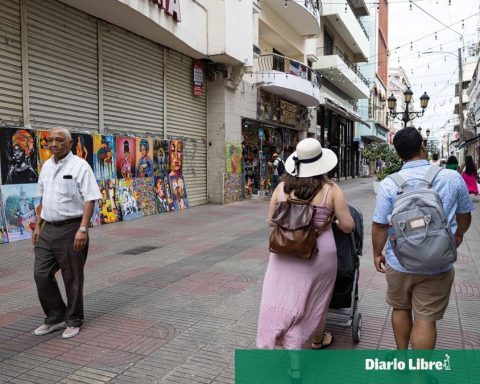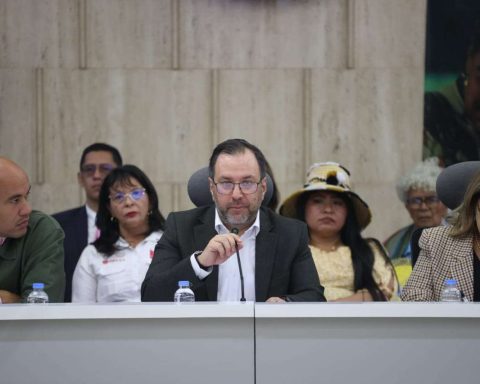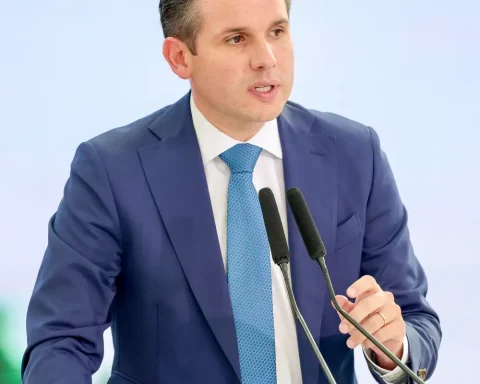The Minister of Economy and Finance, Kurt Burneo, announced a series of measures to revive the economy, including a subsidy for the urban transport and the reduction of electricity rates for the most vulnerable households
This is the “Impulso Peru” Plan, which aims to reactivate and enhance sustained economic growth, and promote job creation.
Burneo explained that measures will be implemented that seek to support the most vulnerable population, due to the slowdown in the economy and the rise in prices at the international level, which have impacted the prices of food and fuel at the local level, and retracted the aggregate demand.
LOOK: 45% of people prefer to make contactless payments on public transport, according to a survey
A group of these actions are aimed at alleviating the situation of the most vulnerable population, those with limited resources that in recent years have been impacted by increases in food and fuel prices. The following measures will be taken:
- Implementation of the temporary employment program for young people
- Temporary support for the vulnerable population through the food bonus
- Bring forward the granting of the family housing bonus
- Implementation of the complementary food service for the vulnerable population
- Maintain the VAT exemption for some foods in the basic basket
- Reduce the electricity rate for the most vulnerable households through the FOSE
- Temporarily subsidize the urban transport of concession routes to avoid its rise
Among the measures aimed at improving the conditions to promote private investment are a set of regulations that will be promoted in the following days, such as the new regulation of public-private partnerships (PPPs) that will speed up the management of this type of project through simplified processes and the land release and interference law.
Likewise, the mechanism of works for taxes (OxI) will be optimized through which regional and local governments will be enabled to carry out infrastructure works through this mechanism.
Likewise, the extension of tax incentive measures to the corporate sector has been considered, such as the return of VAT on mining and hydrocarbon exploration, with the aim of promoting both sectors.
LOOK: ATU pre-publishes project that proposes to pay tickets with QR code in urban transport
In addition, the possibility for companies to continue investing in research, development and innovation (R+D+i) will be expanded by deducting these expenses from the payment of Income Tax.
On the other hand, accelerated depreciation will be promoted for electric vehicles, real estate and buildings, with the aim of promoting transportation with less environmental impact and boosting the construction sector.
Among other measures, it is planned to promote the Rapid Execution Investment Program and the payment of the Fuel Stabilization Fund will be scheduled.
Another important aspect is the execution of public investment, since this also generates conditions to activate private investment. In this sense, he explained that a series of measures have been arranged such as: the execution of rapid impact investments, among which are the works that are within the scope of the Authority for Reconstruction with Changes (ARCC), for which mechanisms will be established to conclude the works already programmed.
Likewise, he indicated that a series of mechanisms are being established to execute investments in municipalities with fewer resources through the Investment Fund for Territorial Development (FIDT). Likewise, the reactivation of 1,170 paralyzed works is expected.
